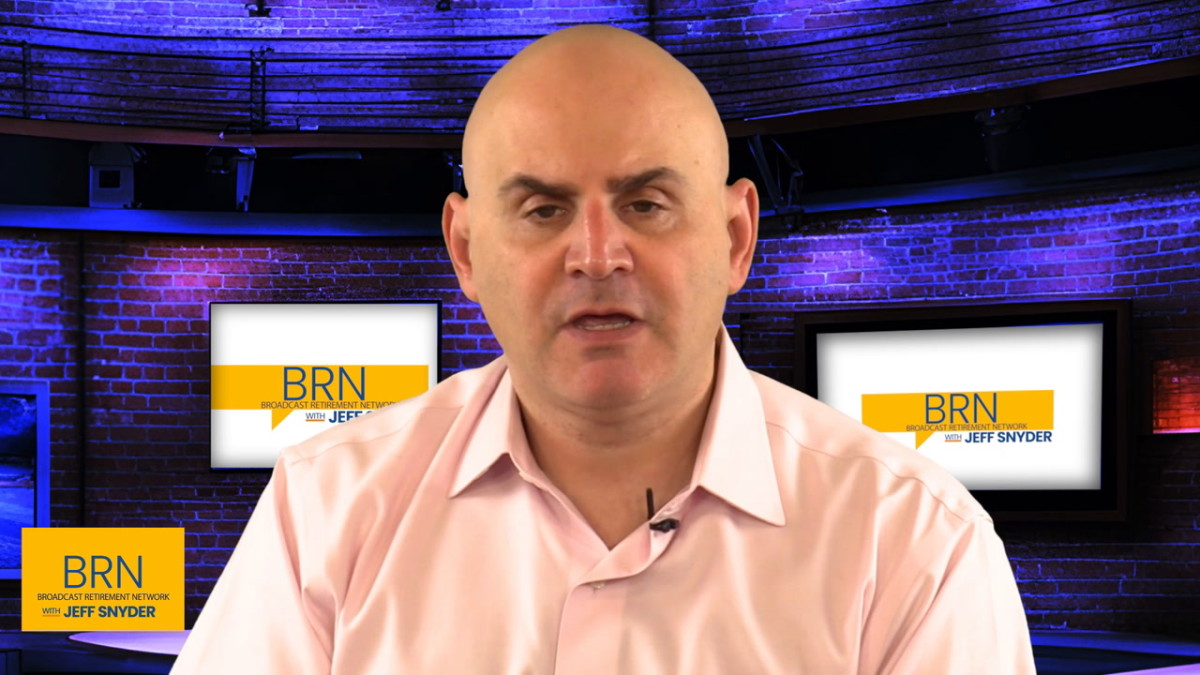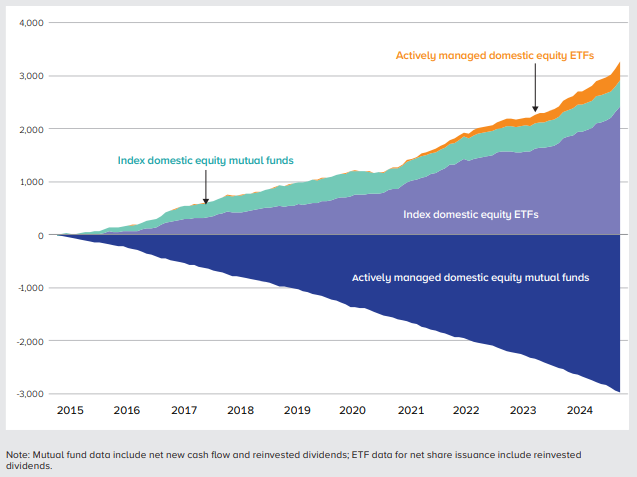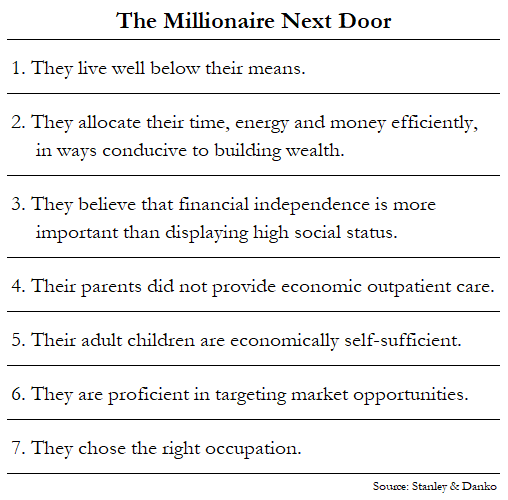Still Working at 70—Should I Start My Social Security Benefits Now?
At age 70, still clocking in at work — whether full-time or part-time — raises a critical question: should you claim Social Security? The decision is deeply personal, tied to your financial situation, health, and retirement vision. Fortunately, you’re not obligated to file for Social Security, even at this age, and continuing to work won’t […] The post Still Working at 70—Should I Start My Social Security Benefits Now? appeared first on 24/7 Wall St..

At age 70, still clocking in at work — whether full-time or part-time — raises a critical question: should you claim Social Security? The decision is deeply personal, tied to your financial situation, health, and retirement vision.
Fortunately, you’re not obligated to file for Social Security, even at this age, and continuing to work won’t jeopardize your benefits. However, understanding the rules and strategic timing of claiming can profoundly impact your financial security in retirement.
Let’s explore why you might claim now, why you might wait, and how a financial professional can guide you to the best choice.
Are you ahead, or behind on retirement? SmartAsset’s free tool can match you with a financial advisor in minutes to help you answer that today. Each advisor has been carefully vetted, and must act in your best interests. Don’t waste another minute; get started by clicking here.(Sponsor)
Key Points in This Article:
Why Age 70 Is Optimal
Social Security benefits become available at age 62, but claiming early reduces your monthly payments significantly. Waiting until your full retirement age (FRA), which ranges from 66 to 67 depending on your birth year, ensures you receive 100% of your entitled benefit.
For those who can afford to delay further, each year past FRA up to age 70 increases your monthly benefit by 8% through delayed retirement credits. This boost can be a game-changer, especially if you anticipate relying heavily on Social Security to fund your retirement, particularly if savings are modest or unexpected expenses arise.
Once you hit 70, however, the financial incentive to delay vanishes. The Social Security Administration (SSA) stops accruing delayed retirement credits at this age, meaning there’s no additional benefit to holding off. If you’re still working and haven’t claimed by 70, it’s generally wise to start collecting your benefits to avoid missing out on payments you’ve earned.
The SSA won’t force you to claim, but since your benefit won’t grow further, delaying past 70 could mean leaving money on the table. In fact, if you’ve passed your 70th birthday and haven’t filed, you may be eligible for up to six months of retroactive benefits. For example, if you’re 70 years and 3 months old, filing promptly could secure payments backdated to your 70th birthday. However, waiting longer risks permanently forfeiting some benefits.
Maximizing Benefits and Income
One reassuring aspect for those still working at 70 is that employment doesn’t impact your Social Security eligibility once you’re past FRA. Before FRA, an earnings-test limit applies, where earning above a certain threshold (e.g., $23,400 in 2025 for those under FRA) could temporarily reduce your benefits. But at 70, you’re well beyond this threshold, so whether you’re earning a modest salary or a six-figure income, your full Social Security benefit remains intact. This flexibility allows you to work for additional income, personal fulfillment, or to stay active without worrying about benefit reductions.
Your decision to claim at 70 hinges on your financial goals and circumstances. If your job provides ample income and you have substantial savings — say, $3 million as some achieve by their 50s — you might delay claiming to maintain flexibility or preserve benefits for a spouse who could inherit them.
Conversely, if Social Security will be a cornerstone of your retirement income, claiming at 70 maximizes your monthly payout, but provides a reliable stream to cover living expenses, healthcare, or leisure.
Health is another factor: if you’re in good health and expect a long retirement, higher benefits from claiming at 70 can offer greater security. But if health concerns suggest a shorter lifespan, claiming earlier might make sense to enjoy the benefits sooner.
Seek Out Professional Help
Navigating these choices can feel overwhelming due to Social Security’s complex rules. For instance, spousal benefits, survivor benefits, or tax implications of combined income (Social Security plus earnings) could influence your strategy. This is where a financial professional becomes invaluable. They can analyze your savings, income, debt, and retirement goals to craft a personalized plan.
For example, if you have a mortgage or other debts, a financial advisor might recommend using Social Security payments to accelerate debt repayment, freeing up future income. Alternatively, they could suggest investing benefits in low-risk assets to grow your nest egg, depending on your risk tolerance and timeline.
Beyond financial mechanics, a professional can help address the emotional side of retirement planning. Working at 70 might stem from necessity, passion, or a desire to stay engaged, but insecurity about the future is common, especially if past financial highs (like a startup windfall) set lofty expectations. An advisor can reframe your perspective, highlighting the strength of your current position—whether it’s savings, a home, or continued earnings—and aligning your Social Security strategy with a realistic, fulfilling retirement vision.
Key Takeaway
I’m not a financial planner or tax advisor, but ultimately, if you’re 70 and working, claiming Social Security is not mandatory, delaying past this age rarely makes financial sense. By filing at 70, you lock in the highest possible benefit, bolstering your income for years to come.
To make an informed decision, consult a financial professional who can tailor advice to your unique situation, ensuring you maximize benefits while aligning with your broader financial goals. Visit ssa.gov for detailed eligibility rules or to estimate your benefits, and take the first step toward a confident retirement.
The post Still Working at 70—Should I Start My Social Security Benefits Now? appeared first on 24/7 Wall St..













































































































































































